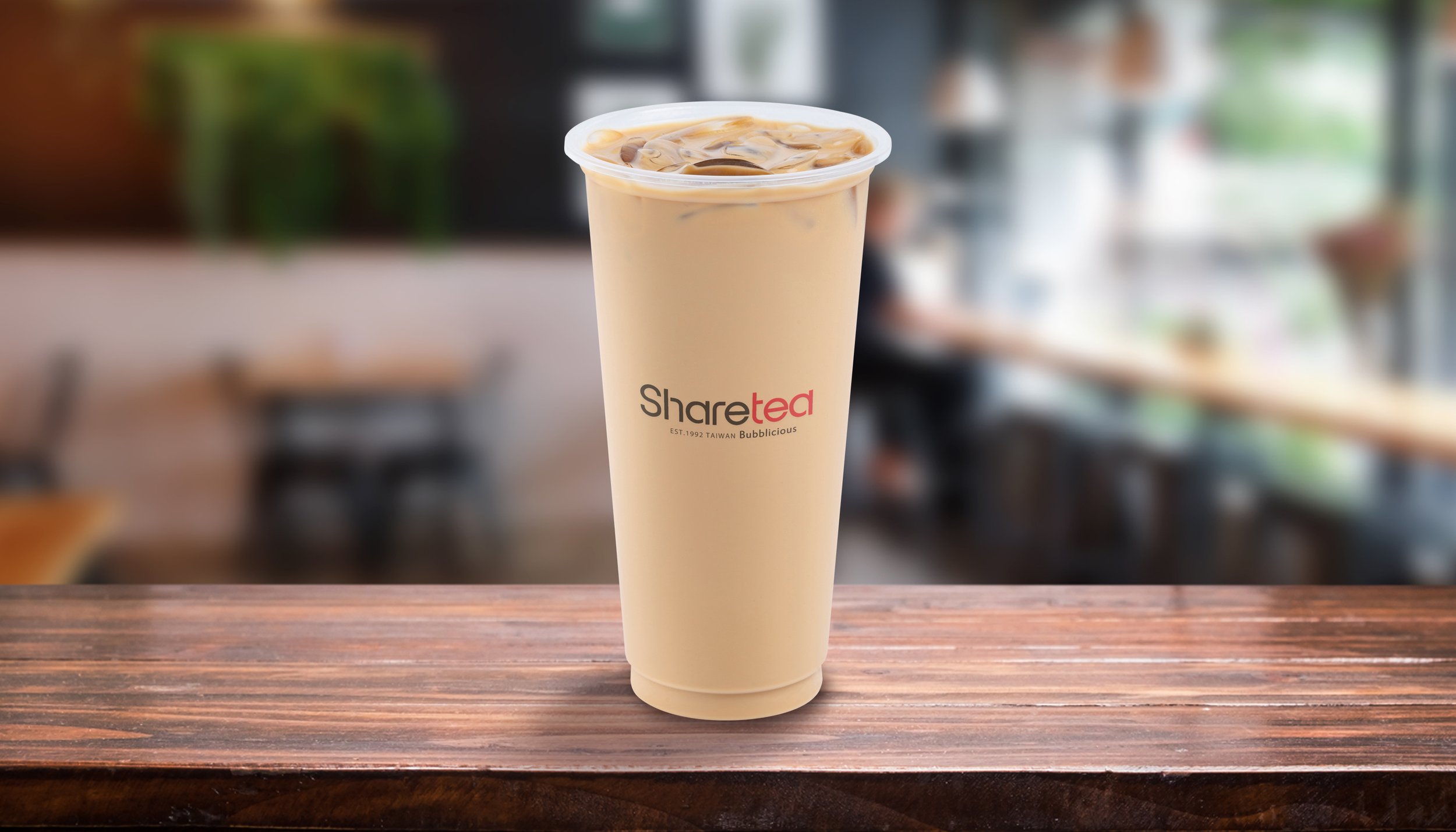Bubble tea vs. coffee
Bubble tea is a relatively new discovery in the world of tea, as boba origins date back to the 1980s. Its uniqueness is based on various flavors and tapioca balls. The fans of bubble tea beverages are growing. The increase of bubble tea drinkers is now comparable with coffee drinkers. Are they right? Coffee vs. bubble tea - who will win the battle and does bubble tea have caffeine, just like the other beverage? Let's check it out!
How Is Bubble Tea Made?
Bubble tea is served cold or hot, with tea as its base. It can be different colors such as green, black, purple, and flavors like fruity, earthy etc. To prepare bubble tea, you also need toppings like the tapioca balls. During cooking, tapioca balls swell, become transparent, and have the consistency of gummy jelly. They perfectly absorb flavors and even colors. Added flavor powder or syrup, they change color and taste. If we want more variety in our bubble tea drink, we can add milk, jam, honey, blended fruit, whipped cream, ice cream, or jellies.
Bubble Tea vs. Coffee - Comparison and Differences
Bubble tea and coffee are two different drinks with various origins, ingredients, and preparation methods. While it has become accepted that many Americans drink coffee daily, nothing stops them from drinking bubble tea. Similarly, coffee shops sell their products with a different base, like tea shops. In the case of bubble tea, you can choose not only the tea type but also other ingredients like milk or jellies. Boba tea is a Taiwanese tea-based drink that, is prepared from tea, milk, tapioca pearls and enriched with various additives.
When comparing boba tea vs. coffee, you should note that the latter is a drink made from roasted coffee beans, usually served hot. There are many different types of coffee, including espresso, cappuccino, and latte, and each has its own unique method of preparation.
The main difference between coffee vs. bubble tea is the ingredients, preparation method, and form of serving. Bubble tea is usually shaken to mix the components, while coffee is steamed or brewed in a coffee maker. In addition, the taste and caffeine content of the two drinks are different. When comparing tea vs. espresso or bubble milk tea vs. latte, we find that coffee contains more caffeine.
It’s common to see coffee shops around many corners, but nowadays you can also see bubble tea shops located around restaurants, shopping malls, service shops etc. Popular bubble tea stores like the tea franchise brand Sharetea has grow its reputation with the more than 30 years experiences. It’s also worth noting that bubble tea and coffee can work together very well!
Does Bubble Tea Have Caffeine?
Since bubble tea is produced with a tea base, it frequently contains caffeine. The tea type used and the steeping length determine how much caffeine is present in boba tea. Caffeine levels in black tea often used to make bubble tea, are typically higher than in green or oolong tea. For example, a cup of black tea typically has 40–50 mg of caffeine, a cup of green or jasmine tea 20–30 mg, and a cup of oolong 25–35 mg. Of course, there are also bubble teas made with green instead of black tea, such as thai green tea or matcha milk tea. In contrast, in a comparison between cofee and bubble tea, a typical cup of coffee has between 80 and 110 milligrams of caffeine.
It is worth noting that some boba tea stores offer decaffeinated tea, but this is not as common as in coffee shops. Some places may also offer herbal teas as an alternative.
However, please remember that the caffeine content in bubble tea might change based on the retailer and the particular beverage. This is due to the significance of tea quality and brewing time. For this reason, it is always a good idea to inquire about the caffeine concentration before ordering if you are sensitive to caffeine, have any health issues, or wish to purchase bubble tea for a child.

